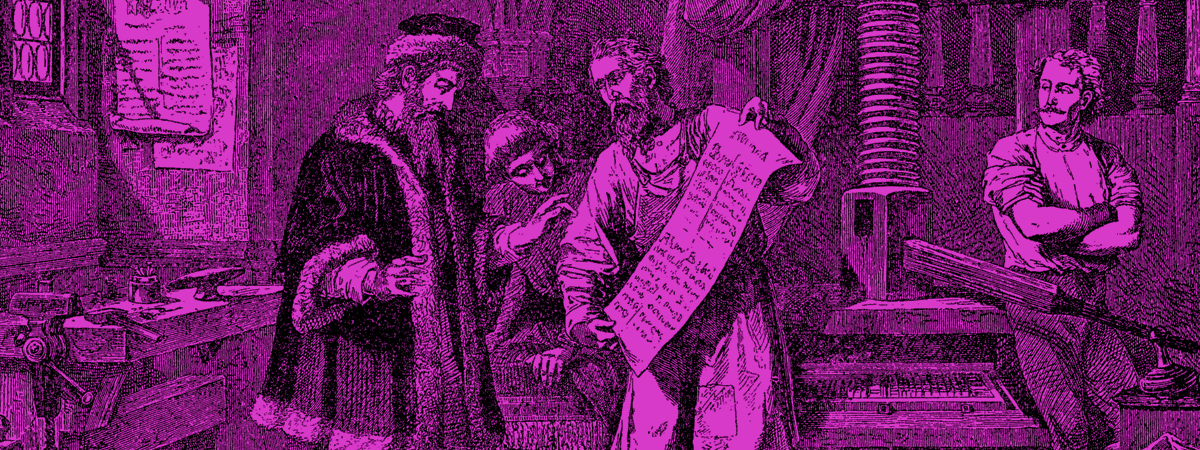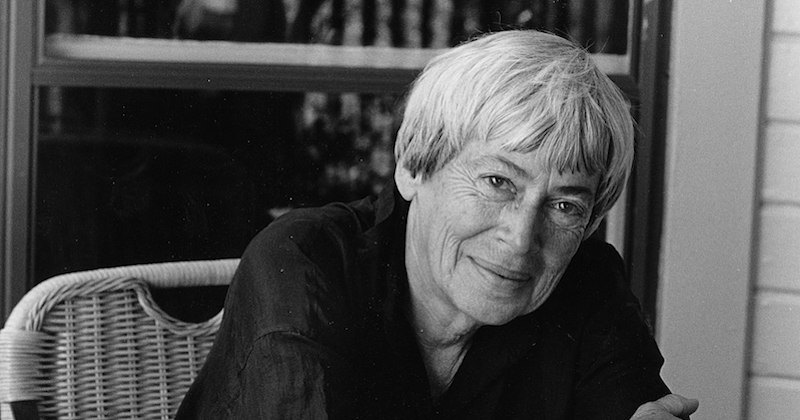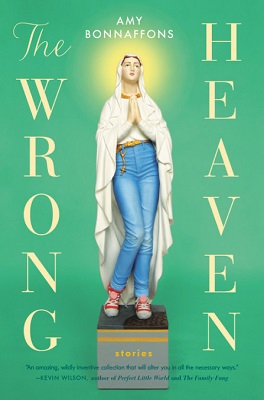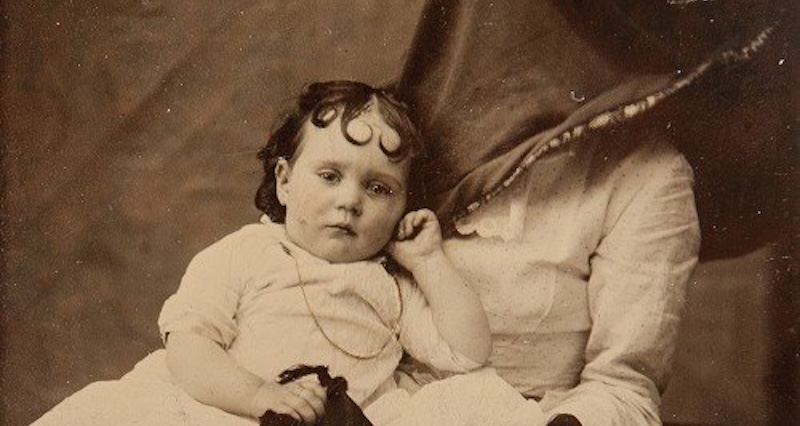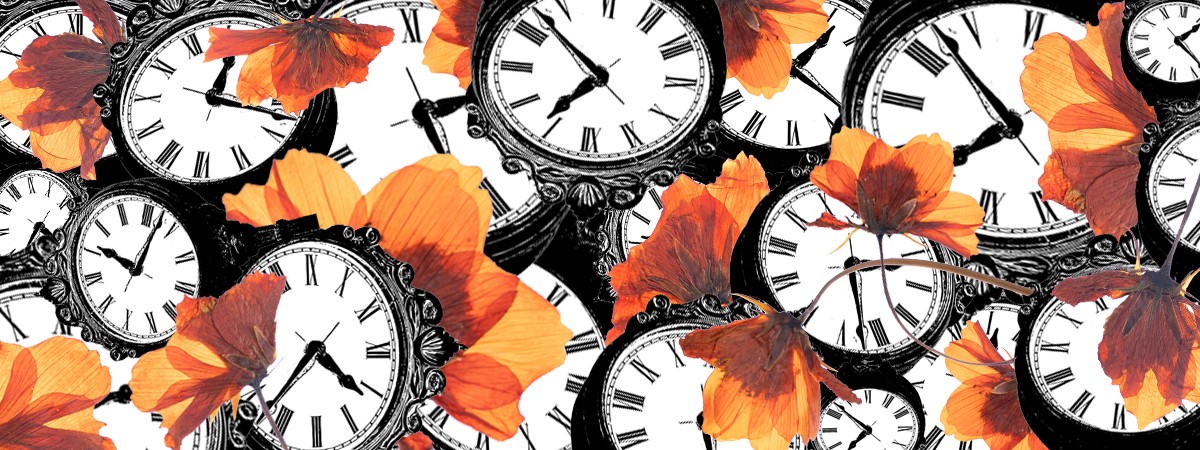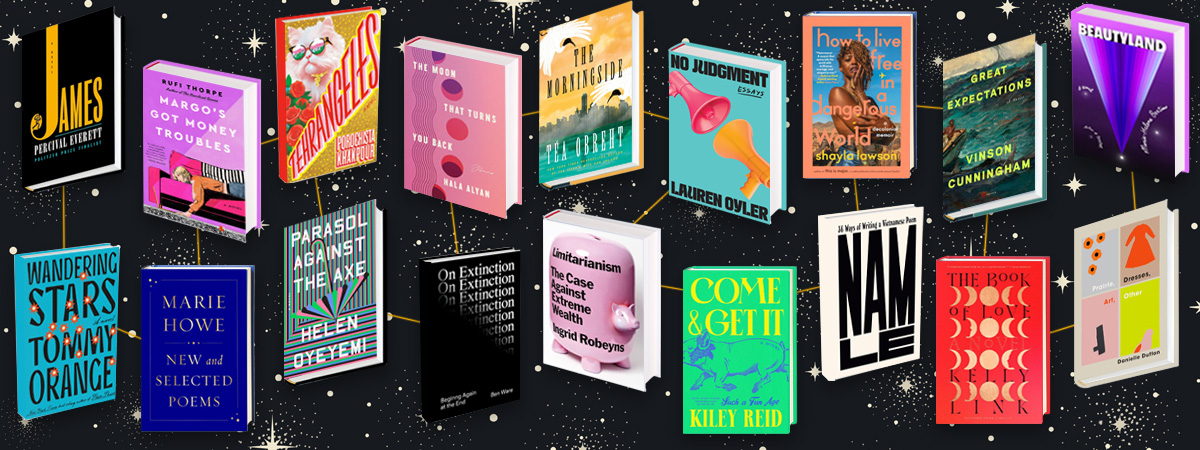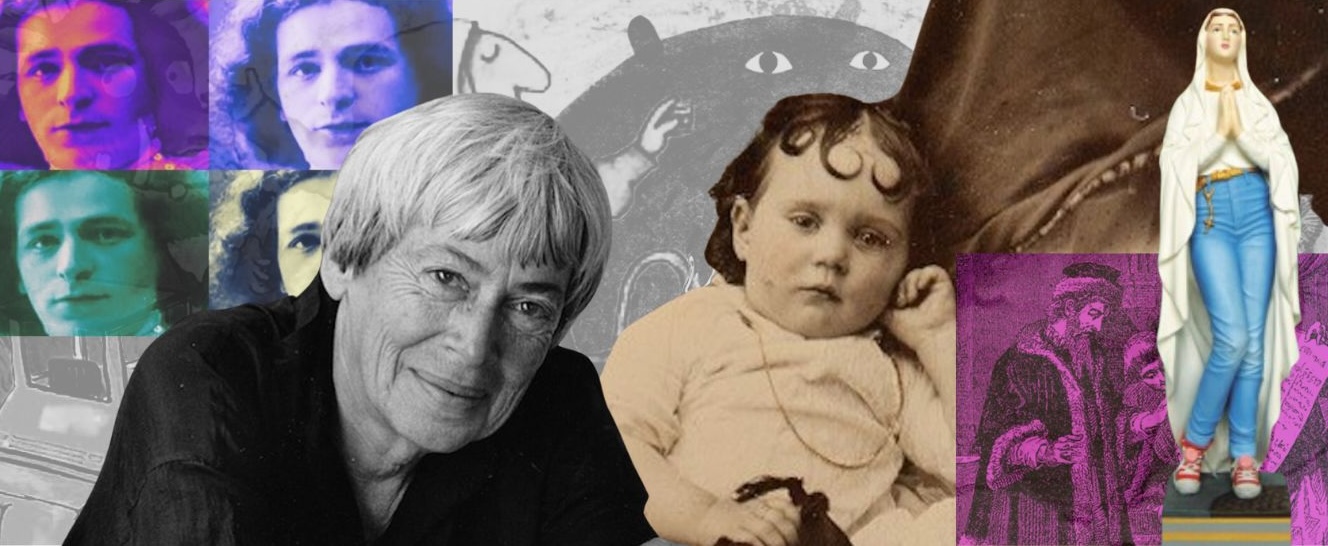
The Most Popular Lit Hub Stories of 2024
A Frank Analysis of Our Most Clicked-On Pieces
In 2024, Lit Hub published over 2,500 pieces: features, blog posts, reading lists, excerpts, fiction, nonfiction, and poetry. Here are the ones you loved (or at least clicked on) the most.
And hey—if you did love these stories, consider becoming a Lit Hub member, and help us keep making them!
10.
What the New York Times Missed: 71 More of the Best Books of the 21st Century
A non-boring list.
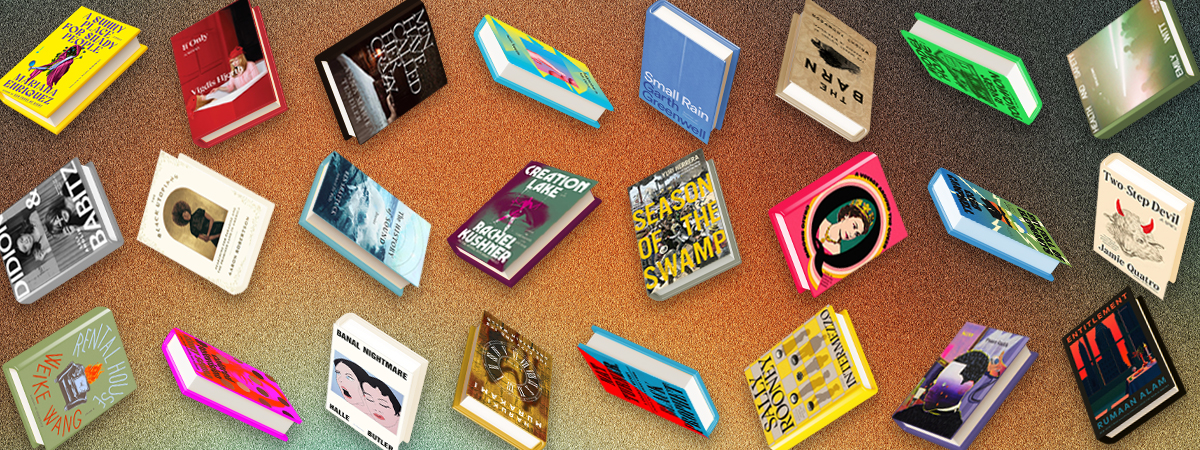
9.
Lit Hub’s Most Anticipated Books of 2024, Part Two
Our most anticipated books from the second half of the year.
8.
Ursula K. Le Guin on How to Become a Writer
by Ursula K. Le Guin
How do you become a writer? Answer: you write.
It’s amazing how much resentment and disgust and evasion this answer can arouse. Even among writers, believe me. It is one of those Horrible Truths one would rather not face.
7.
“Little Sister”
by Amy Bonnaffons
This story starts when my parents drop me off at my uncle Jim’s house, on the way to the hospital where my little sister is about to be born. I am six years old.
Uncle Jim is married to a woman named Rhonda, whose hobby is crochet. No, not “hobby,” exactly: her crocheting is a compulsion, perhaps some kind of illness. Rhonda crochets cozies not only for the extra toilet paper rolls, as I’ve seen in some of my friends’ bathrooms, but also for the phone and the phone book and the dog and my uncle’s guns and both of their toothbrushes. This cozying does not make the objects look cozier; it makes them look ashamed.
6.
Invisible Women: On the Victorian Custom of Cutting Mothers Out of Portraits
by Ellen O’Connell Whittet
In the weeks after the birth of my second child, I began saving pictures of Victorian hidden mother portraits, which are, to this day, interspersed on my phone with images of my newborn and my older child, sleepy and shocked by the transition to family of four, respectively. In the black and white photographs, Victorian mothers remain obscured so the babies can be photographed; they are often draped in sheets or curtains and holding their children, helping them stay still while the early cameras’ long exposure times captured infancy and toddlerhood. Like their mothers, I am nowhere to be found in my own pictures on my camera roll of that tender era.
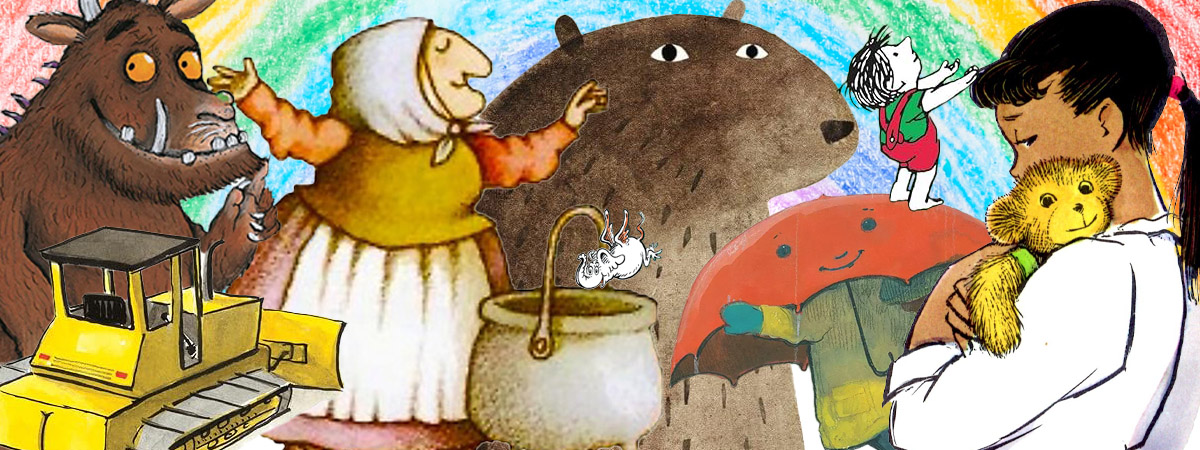
5.
The Toddler Book Tolerability Index
by Emily Temple
There are hundreds of thousands of kids’ books out there. Some are classics that wind up in everyone’s homes, no matter what. Others are random—given as gifts, found on the playground, purchased in bulk from the resale shop. But which books are worth your child’s time—and (arguably) more importantly, your time?
4.
Read the 1962 Short Story That Inspired This Year’s Met Gala Theme
by Emily Temple
Towards evening, when the great shadow of the Palladian villa filled the terrace, Count Axel left his library and walked down the wide marble steps among the time flowers. A tall, imperious figure in a black velvet jacket, a gold tie-pin glinting below his George V beard, cane held stiffly in a white-gloved hand, he surveyed the exquisite crystal flowers without emotion, listening to the sounds of his wife’s harpsichord, as she played a Mozart rondo in the music room, echo and vibrate through the translucent petals.
3.
The Republicans’ Project 2025 is Disastrous For Books
by James Folta
If you’ve been following political news, you’ve likely heard about Project 2025, the massive conservative “wish list for a Trump presidency.” The 900-page document is a blueprint for an authoritarian, Christian nationalist America, created by the Heritage Foundation, a right-wing think tank that has influenced many of America’s most regressive and conservative policies since the Nixon administration.
2.
The Man Who Remembered Everything—and Thought It Was Normal
by Charan Ranganath
One of the most expansive memories ever documented belonged to a Russian newspaper reporter named Solomon Shereshevsky. For much of his life, he was oblivious of the peculiar nature of his memory. Then, in his late twenties, the young reporter’s habit of never taking notes during morning staff meetings caught the attention of the editor of his Moscow newspaper. Shereshevsky told the editor he never wrote anything down because he didn’t need to, then repeated verbatim the long list of instructions and addresses for that day’s assignment.
The editor was impressed, but even more interesting to him was that Shereshevsky seemed to think there was nothing unusual about this. Wasn’t this how everyone’s mind worked? The editor had never seen anything like it, so he sent Shereshevsky to have his memory tested.
1.
Lit Hub’s Most Anticipated Books of 2024
Our most anticipated books from the first half of the year.









